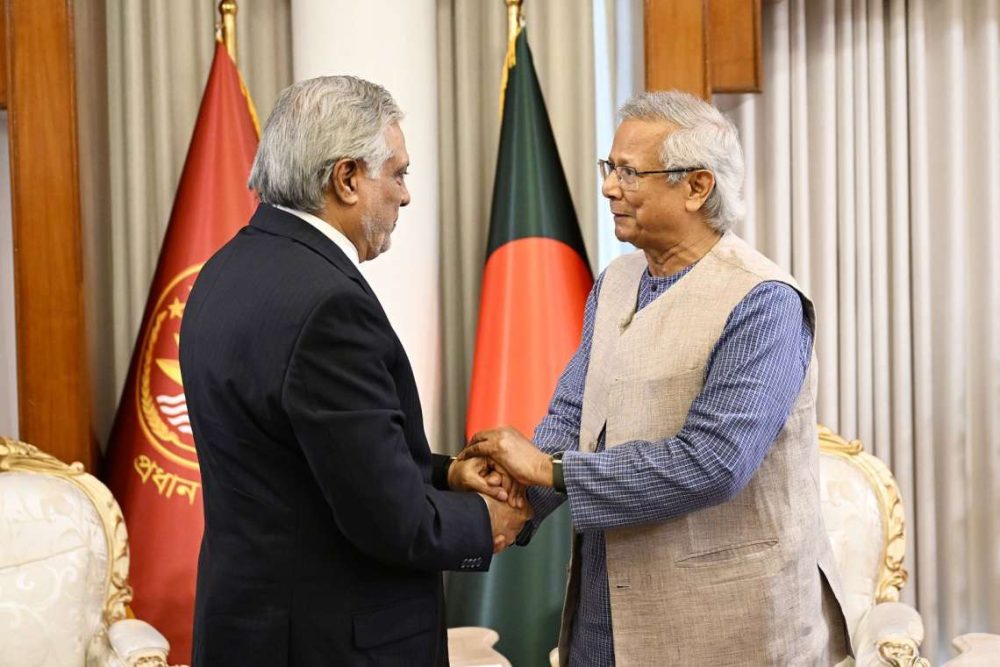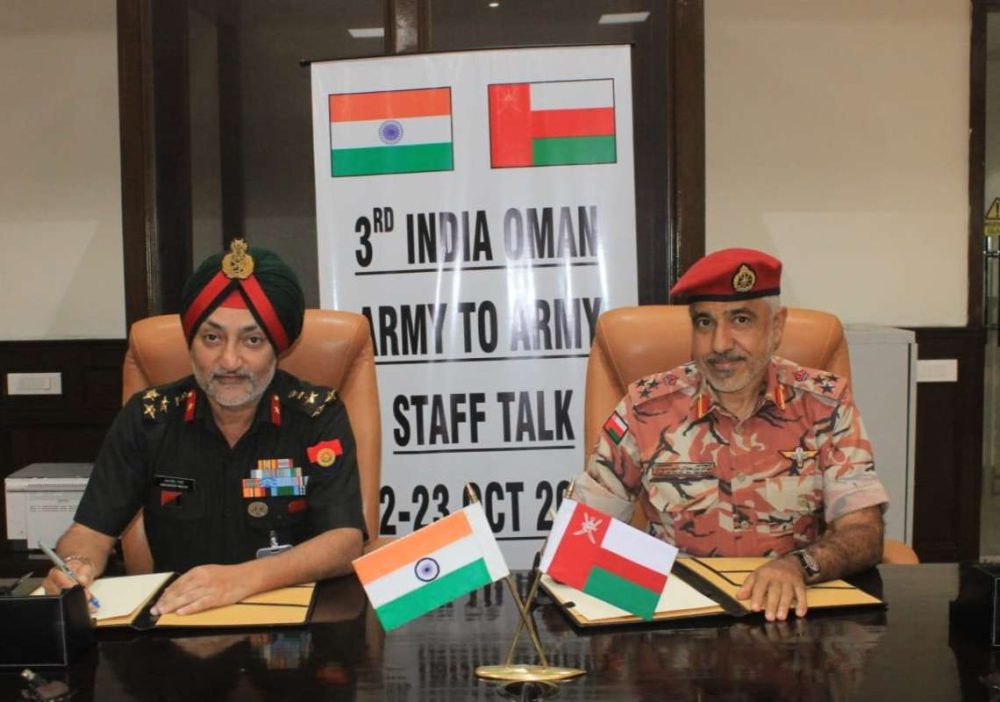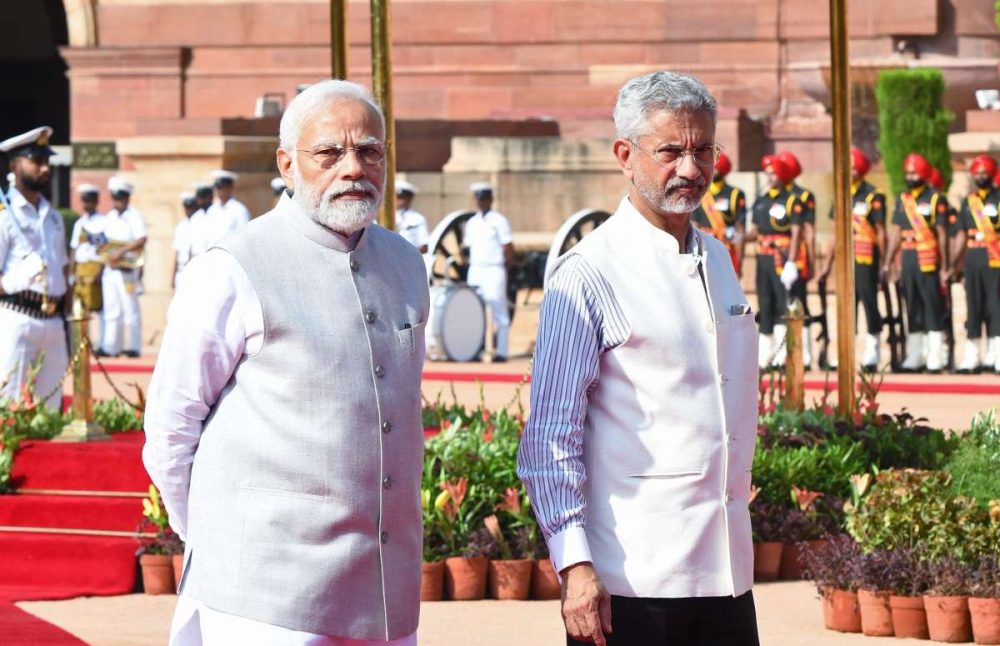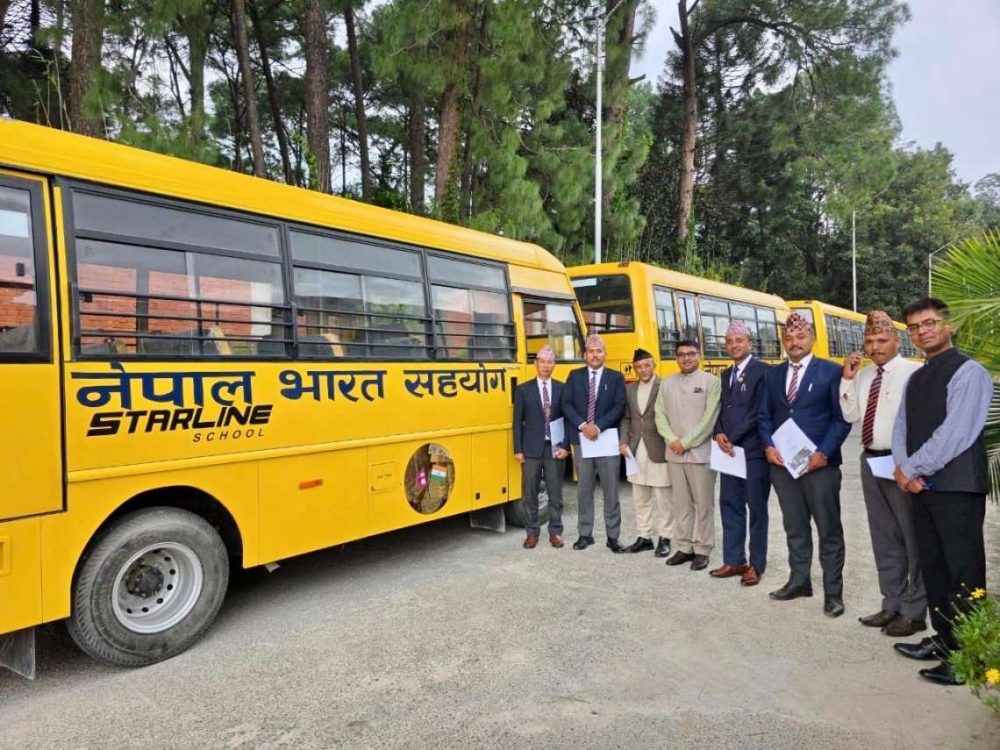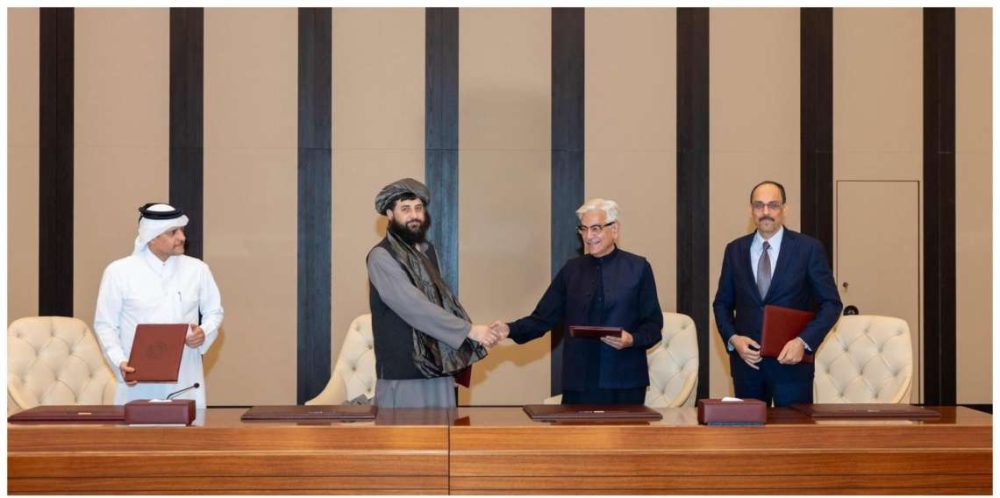
In another Middle East diplomatic breakthrough for US President Donald Trump, Sudan is normalising relations with Israel in exchange for Washington removing Khartoum from the list of state sponsors of terrorism.
On Friday, Sudan became the third Arab nation after the United Arab Emirates (UAE) and Bahrain to normalise relations with Israel in the past three months under the auspices of the US, cutting the tight ring of Arab solidarity around the Palestinians.
Trump made the announcement at the White House with Israeli Prime Minister Benjamin Netanyahu and Sudan’s Sovereignty Council chairman Abdel Fattah al-Burhan and Prime Minister Abdalla Hamdok on the phone with him.
Just 11 days before the November 3 presidential election, the Middle East diplomacy is about the only victory for Trump who has not been able to get a nuclear deal with North Korean dictator Kim Jong-un after much hyped meetings or trade deals with China or India.
Sudan, which is recovering from civil unrest and the civil war before that which led to South Sudan seceding from it, will be the fifth Arab country to have normal relations with Israel.
The normalising of Israeli ties by the three countries this year ends 26 years of stalemate since Jordan reconnected with it in 1994.
Egypt normalised ties with Israel in 1979.
Netanyahu in a statement in Israel noted the symbolism of Sudan agreeing to set up relations with his country because after the Six-Day War with Egypt, Syria and Jordan in 1967 the Arab countries declared in that country’s capital, Khartoum, that they would not negotiate or make peace with Israel or recognise it.

Palestinian President Mahmoud Abbas condemned the normalisation of relations with Israel while it occupied Palestinian territories, according to a statement from his office.
Saudi Arabia has helped Trump with his round of Middle East diplomacy, while itself staying in the background and not overtly setting up relations with Israel.
Saudi Arabia and UAE have been major donors for Sudan recently.
Sudan is emerging from a period of unrest that led to the overthrow of the 30-year dictatorship of Omar al-Bashir and the setting up of a transition mechanism after a deadly crackdown on civilian protesters by the military and conclusion of a political agreement between them.
A joint US-Israel-Sudan statement issued by the White House said: “After decades of living under a brutal dictatorship, the people of Sudan are finally taking charge. The Sudanese transitional government has demonstrated its courage and commitment to combating terrorism, building its democratic institutions, and improving its relations with its neighbours.”
After Trump announced lifting of sanctions against Sudan for promoting terrorist activities under al-Bashir, Secretary of State Mike Pompeo said that the country had fulfilled the requirements for being taken off the terrorism-supporter list.





